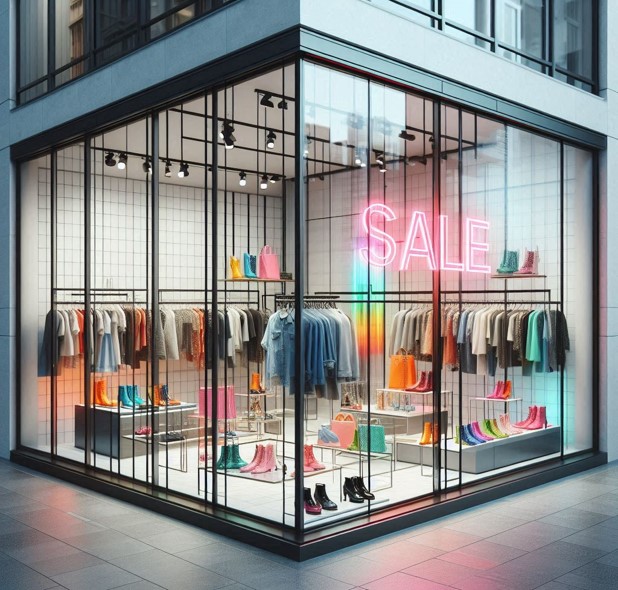Quiz-Based Gamification Strategy For Retail Industry
Example: A clothing retailer creates a “Find Your Perfect Style” quiz that asks customers about their fashion preferences, body type, and occasion needs. As customers engage with the quiz, they become more interested in finding the right products, spending more time on the retailer’s website or app.
Benefit: This increased engagement not only keeps customers on the site longer but also heightens their interest in the brand, making them more likely to explore products and make purchases.
- Personalizing Shopping Experiences
Example: A beauty retailer offers a skincare quiz that identifies the customer’s skin type, concerns, and goals. Based on the answers, the quiz recommends a tailored skincare routine with specific products that meet the customer’s needs.
Benefit: This personalization makes the shopping experience feel more relevant and satisfying, which can lead to higher conversion rates and customer satisfaction.
- Boosting Sales Through Rewards
Example: A home décor store runs a seasonal quiz where customers answer questions about their home’s style. Upon completion, they receive a discount code or loyalty points that can be redeemed on their next purchase.
Benefit: By offering rewards for participation, the retailer incentivizes purchases, driving sales while also encouraging repeat visits.
- Educating Customers About Products
Example: A tech retailer introduces a “Which Gadget Suits You?” quiz that helps customers determine which laptop or smartphone best fits their needs based on their work habits, hobbies, and budget.
Benefit: This educational approach helps demystify complex products, making it easier for customers to make informed purchasing decisions, which can reduce returns and increase satisfaction.
- Gathering Valuable Customer Insights
Example: An organic food store conducts a quiz asking customers about their dietary preferences and lifestyle. The collected data provides insights into what types of products are most appealing to their audience.
Benefit: Retailers can use this information to tailor future marketing campaigns, stock products that align with customer preferences, and optimize their inventory.
- Encouraging Social Sharing and Viral Marketing
Example: A footwear brand creates a “What’s Your Sneaker Personality?” quiz that customers can share on social media after completing it. Those who share their results receive an additional discount or entry into a giveaway.
Benefit: Social sharing amplifies the reach of the brand, attracting new customers through word-of-mouth and creating a buzz around the products.

